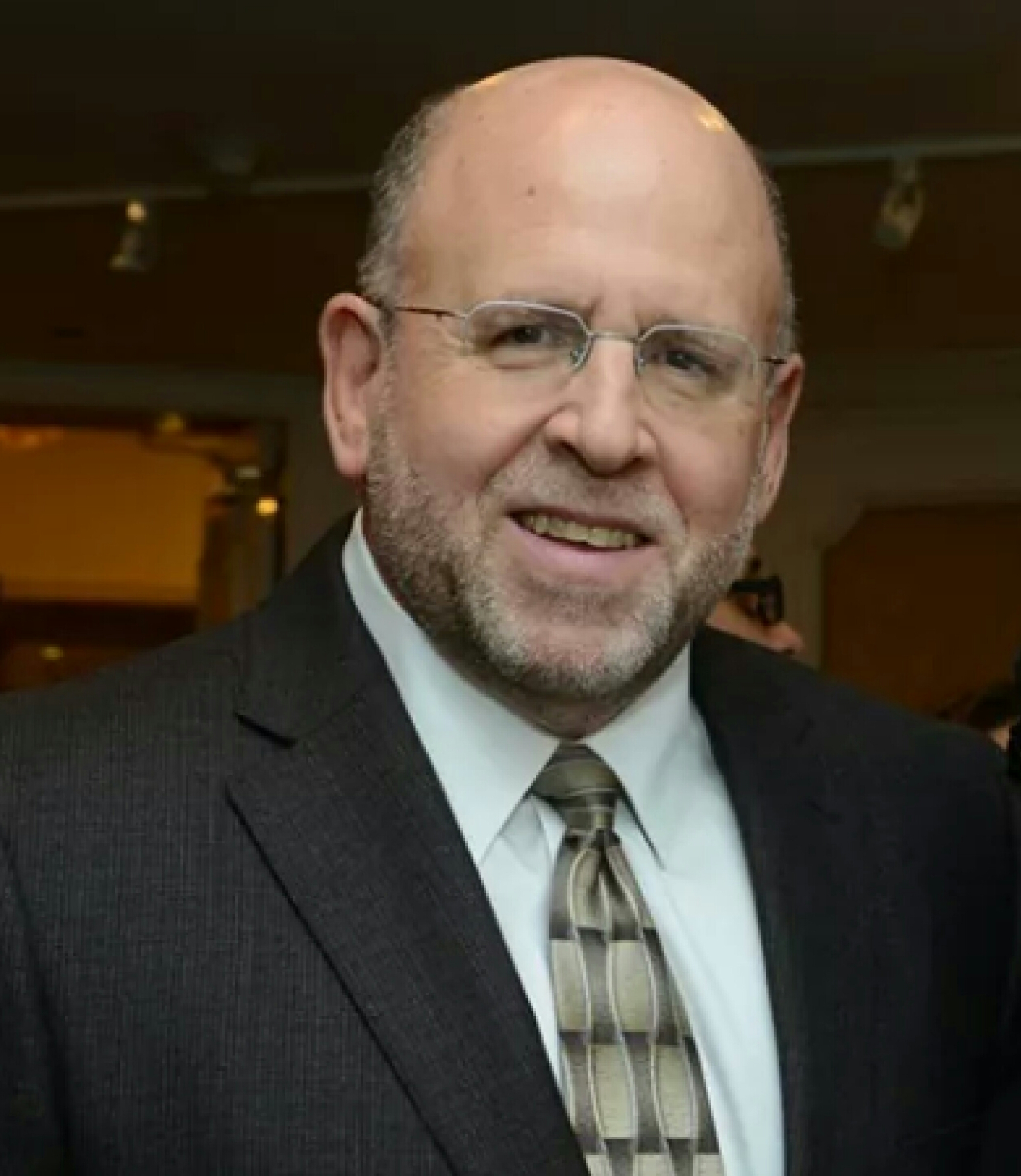If your child needed a life-saving chemotherapy drug and you were told that because of a shortage you were out of luck, how would you feel? What would you do about it?
Sadly, this is no fantasy scenario. It is a 21st-century reality for treating childhood cancer. According to a recent New York Times report, “Doctors are warning that they may soon be forced to consider rationing doses” of the drug in question: vincristine. Rationing means making decisions about who gets the drug and who doesn’t.
In other words, although vincristine is an essential part of the best practices treatment regimen for pediatric cancer, some kids would not receive it; some would get it less frequently than called for, and others would be prescribed a poor substitute with more intense side effects.
As a cancer survivor, vincristine was a part of the cocktail of drugs that I received intravenously during my chemotherapy treatments for non-Hodgkin’s Lymphoma.
My understanding, though, is that this chemotherapy drug is not used as widely for adults with cancer as for kids. In fact, the American Cancer Society reports that children represent less than 1 percent of all cancer diagnoses.
The bottom line: Apparently there is little profit incentive to produce a greater volume of vincristine, despite the fact that most kids with cancer take it and it helps save their lives, according to a recent Newsday story.
Although chemotherapy is not easy to tolerate as an adult, I cannot imagine being a young child and going through it. What is even harder to fathom is not having access to the most effective drug to treat my disease and then having to settle for a less effective and less tolerable substitute.
At present, only one pharmaceutical company – Pfizer – supplies vincristine, which is an older and more inexpensive drug. Only one other company – Teva – produced the drug but, according to the FDA, Teva “made a business decision to discontinue the product.”
In a May 9, 2018 story, the Financial Times of London explained, “When prices of older, off-patent drugs decline, manufacturers may leave the market, leaving a limited number of suppliers for certain medicines.”
According to New York Times reporter Roni Rabin, 19,000 children and teens develop cancer each year and the cure rate is 85 percent. She added that shortages create disruptions in treatment, citing the New England Journal of Medicine which noted that “in 2013, 83 percent of oncologists said that they were unable to prescribe the chemotherapy agent they wanted to use because of a shortage and that they had to substitute a different drug or delay treatment.”
Dr. Peter Adamson, chair of the Children’s Oncology Group, stated in the New York Times story: “It’s hard enough for any family having a kid with cancer, and having a child with cancer likely to be cured except we can’t give the drug is beyond the imagination. How can we do that to families?”
Perhaps Erin Fox, Director of the Drug Information Service at the University of Utah Health Care in Salt Lake City, has the answer: “We see the most shortages with generics, specifically generic injectable products because they have low-profit margins and are difficult to make.”
To sum up, we’ve come to a place where an FDA-approved chemotherapy drug has been proven to help save children’s lives, but the drug is in short supply because it is not profitable to manufacture; therefore, some children will have to suffer from a taking a substitute drug that causes more severe side effects.
This is not a new story; just a variation on an old one. For example, we know about insulin’s high cost in keeping diabetes patients from taking their medicine. It is available but unaffordable. Vincristine is affordable but is fast becoming unavailable.
I’ve written before in this space about access to mental health care and the role of the health insurance industry in denying and delaying access to care. The story of vincristine adds further evidence of the corporate reality in which profits trump people every time.
Andrew Malekoff is the executive director of North Shore Child & Family Guidance Center, which provides comprehensive mental health services for children from birth through 24 and their families. To find out more, visit www.northshorechildguidance.org.



